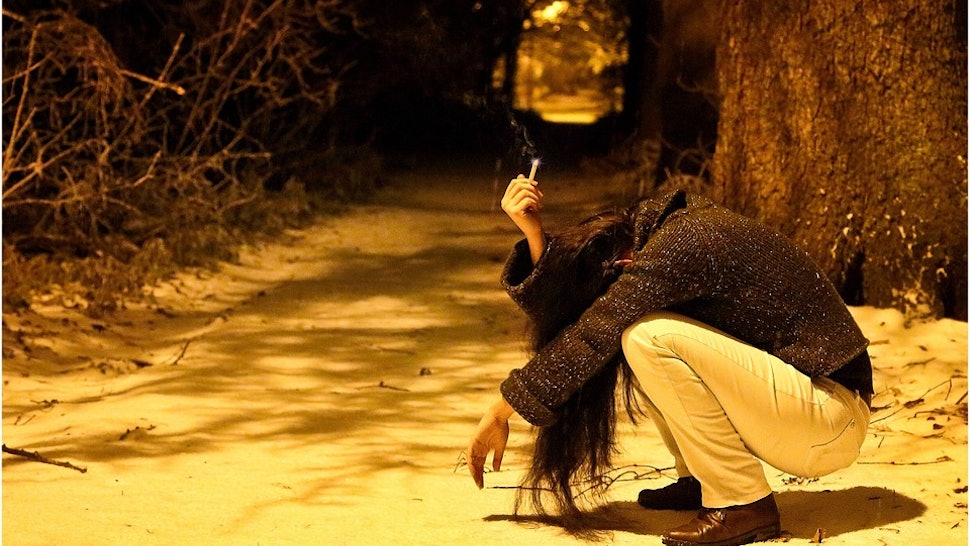Proceed with Caution and Awareness
"This perception of risk [surrounding the use of cannabis] is decreasing more rapidly among those with depression. Those with depression who perceive little or no risk associated with use [of cannabis] have a much higher prevalence of cannabis use, relative to those who perceive higher associated risks."
"There is some thinking that drug use is a form of self-medication of depression, or attempted self=medication of depressive symptoms."
"The prevalence of cannabis use among those with depression who perceived no risk associated with regular use was much higher than among those who perceived significant risk associated with use -- 39 percent versus 1.6 percent, respectively."
"With increasing legalization in the U.S., previous studies have shown that perception of risk associated with use is declining overall. The results of this study show that this decline is even more rapid among this vulnerable population: those with depression."
"There is no evidence to suggest that cannabis use will ease depression symptoms, except temporarily, and there are data to suggest that cannabis use may worsen or prolong depression."
"Historically, patients in treatment/recovery from depression are advised to avoid cannabis use."
Dr.Renee Goodwin, psychiatric epidemiologist and clinical psychologist, Columbia University, New York city
 |
| Bustle |
A new study had researchers examining data collected from almost 729,000 people between the ages of 12 and older from the period 2005 to 2017. Prior-month use of cannabis and depression that may have been experienced over the previous year were absorbed into the study. When it reached the final year, some 19 percent of those with depression reported some cannabis use in comparison with 8.7 percent of individuals with no recent history of depression.
Approximately 10.2 percent of those living with depression, and 5.7 percent of individuals not impacted by depression made use of cannabis, at the same time that the proportion of people with depression perceiving risky behaviour with the use of cannabis fell from 41 percent to 17 percent during the study period. A decline from 52 percent to 33 percent among those with no depression counterbalanced the results, according to the report published in the journal Addiction.
 |
Among people aged 18 to 25 with depression, who were unmarried, male or black, usage was common with each of those groups coming in at around 23 percent. There was no focus in the study to determine how or whether depression could influence the frequency with which people used cannabis, nor their thoughts of the risk inherent in regular use of the drug.
Researchers relied throughout the study on participants truthfully reporting their cannabis use or symptoms of depression; there were no laboratory tests for drug use and nor were medical records examined to confirm the diagnosis of mental health. The study team noted as well that researchers were unable to link whether cannabis legalization could have impacted the number of those using the drug, or thoughts about its safety.
"As brain development is ongoing until at least age 25, and young persons with depression are especially vulnerable, this is a group who may need attention in terms of prevention and intervention."
"Depression is not generally a condition for which medicinal cannabis is prescribed, and it is not clear why recreational use would occur disproportionately among those with depression."
"It is conceivable that cannabis may be increasingly used in an attempt to self-medicate depression in states where it is legal for recreational use."
:max_bytes(150000):strip_icc()/marijuana-and-anxiety-1393132_FINAL_2-cceefa528c5c44c698e11eacb72a0a29.png)
Labels: Cannabis, Depression, Health, Self-Medication, Study

0 Comments:
Post a Comment
<< Home